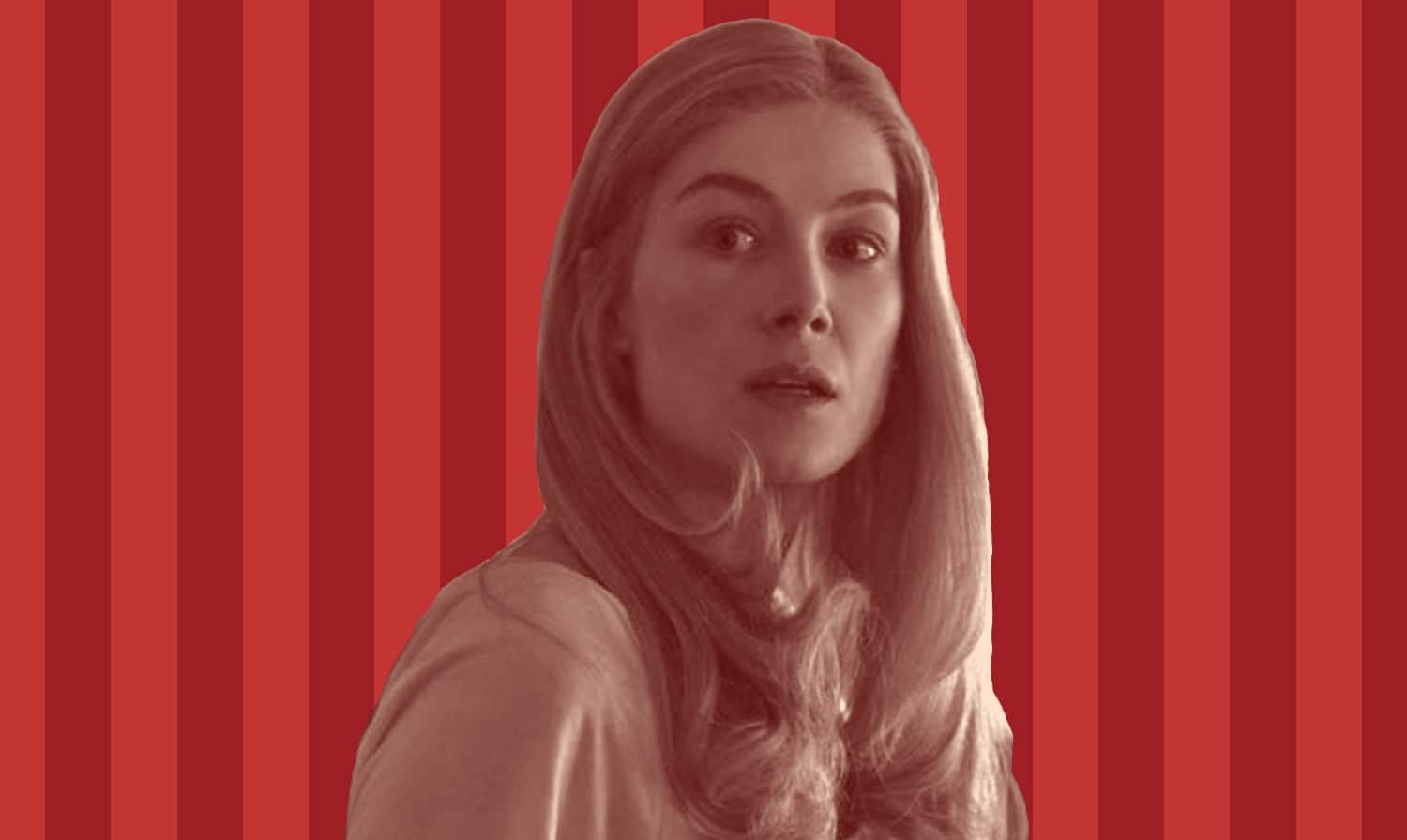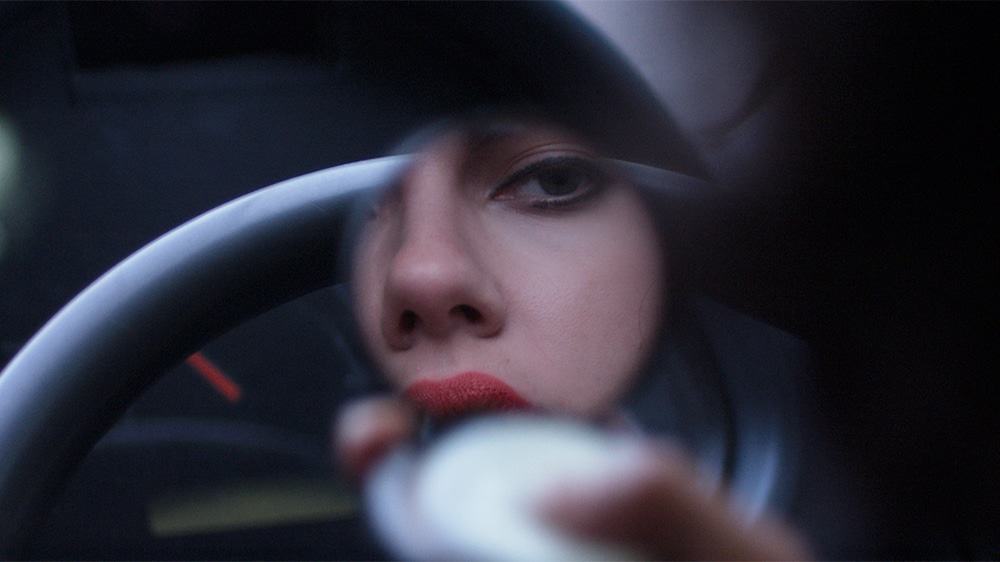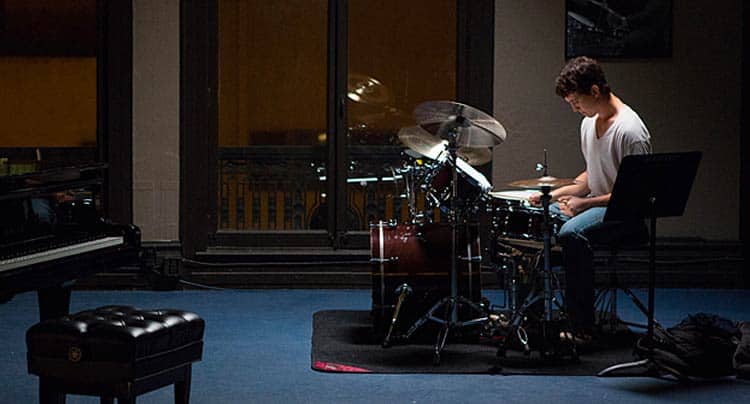
Welcome to Debate Week, the first of what we hope to be many weeks in which we open up a topic of a discussion to our entire team. This week: What was the best year in movies, ever? Throughout the week, our team will each make the case for their chosen year. Follow us on Twitter to place your votes on Saturday, April 7.
I’ve never understood why so many people think the best has already happened. Sure, the past can be great, but consider first of all that it was never great for everyone, and also that the first try is rarely the best try. Plus, the future in all its vast unknowns will always be a blank canvas, wide open next to the past’s already-finished portrait.
That being said, it should come as no surprise that my favorite year in film is a recent one. 2014 was a stand-out year in film not only because so many genres were reinvented and reinvigorated (though they were), but because in the cultural introduction of new cinematic voices–and a focus on filmic themes that are still relevant today–2014 was a year that looked boldly, if not always hopefully, to the future.
A quick refresher: 2014 was also the year that, for a few surreal weeks, we thought we might end up in a war started by a James Franco movie. I’m not sure if there was any simple lesson to be learned from the Sony hack ahead of The Interview’s theatrical release, but the whole cluster at least reminded the world that what creators (and distributors, and theater owners) choose to put on screen matters. 2014 reiterated something that has always been true, but is often taken for granted: for better or worse, filmmakers are hugely responsible for shaping the way we see the world, and the way the rest of the world sees us.
The way filmmakers saw the world four years ago was, in a word, bleak. List your favorite films of the year, and you’ll need a pick-me-up by the end of the sentence. I’ll go first: Gone Girl, Whiplash, Under the Skin, Nightcrawler, It Follows, The Babadook, John Wick. If you mixed all of those together like colors of paint, you’d end up with a darkness so shiny and deep it would be tough to look at straight on. Speaking of which, let’s add that creepy Black Mirror Christmas movie where Jon Hamm tortures off-brand Siri to the list for good measure.
Those films–and other critical and box-office standouts like Birdman, Interstellar, Maleficent, and Edge of Tomorrow–have more than a nihilistic (or generally terrifying) worldview in common. They’re also technically stunning: gorgeous in form and visually poetic in their renderings of the broken, lost, or monstrous. Oscar Wilde once said that “the artist is the creator of beautiful things,” and that kind of do-it-for-the-aesthetic attitude feels right at home in the films of 2014, an array of technical masterpieces with stunts, scores, and camerawork so beautiful they could make a grown film fan cry.

Wilde also used aesthetics as a tool to mask deeper meaning, an exercise at which these films excel. Gone Girl and Under the Skin are a killer double feature of anarchic feminism, two films which pick at and ultimately dismantle our views of modern womanhood until all that’s left are the hungry parts. These films don’t attempt to create a realistic portrait of any real woman but a shattered-glass reflection, a jagged corner piece of each of us. Similarly, It Follows and The Babadook use classic horror structures to prod at uncomfortable truths–about sex and depression, respectively–to leave viewers feeling haunted in new and uncanny ways.
2014 was a banner year, not just for the films listed above, but also for genres whose quality tends to fluctuate wildly: children’s movies and biopics. This was the year that brought the world Big Hero Six, The Lego Movie, The Book of Life, and even Paddington. Where grown-ups got an extra dose of darkness, kids were given nuanced and joke-stuffed stories that comfort and warm the heart. Meanwhile, the biopic, a genre that often rings false–or at least reeks of Oscar bait desperation–surprised me with quality entries like Wild, The Imitation Game, and Foxcatcher (the latter only in festivals). Plus, American Sniper, for all its controversies and fake baby memes, opened at the tail end of the year and went on to break box office records.
In fact, the box office totals for 2014 releases tell a story all their own. All of the top five releases were largely about war and conflict, while six of the top ten were sci-fi or sci-fi adjacent. On a psychological level, these trends indicate a level of cultural self-examination that doesn’t always align with blockbusters, as well as a curiosity and unease about the future of humankind that has only grown in the years since. Of course, that reading excludes the obvious capitalist benefits of pumping the market with as many superhero movies as we could tolerate, which in 2014 was a lot. Honestly, we should have known we’d reached the point of complete art-and-commerce convergence the second we started hearing dance remixes of “The Hanging Tree.” You know, that deeply tragic song about suicide and revolution from The Hunger Games: Mockingjay.

Speculation aside, 2014 saw the emergence or mainstream embracing of several deserving voices in film, including many women directors. Breakout films from Damien Chazelle (Whiplash), Ava DuVernay (Selma), Ana Lily Amirpour (A Girl Walks Home Alone At Night), and Gillian Robespierre (Obvious Child) all received well-deserved love for their theatrical releases, while Alex Garland’s Ex Machina, which wouldn’t hit theaters until 2015, wowed at the festival circuit. Meanwhile, indie auteurs got their moment as well: Grand Budapest Hotel was Wes Anderson’s most successful box office to date, pushing the filmmaker further from the sphere of hipsterdom, while Richard Linklater received enormous acclaim for Boyhood, an emotional story he filmed over the course of twelve years.
Sure, every year sees talented new filmmakers and movies that capture the zeitgeist, but does every year have Keanu Reeves gracefully and savagely avenging his puppy? How about a $200+ million dollar budget movie that caps off its climax with an ‘80s dance-off like Guardians of the Galaxy? How about a TV show revival that fans not only actually asked for, but raised millions of dollars to get on screen? No? Well, 2014 does.
Related Topics: Debate Week, gone girl, History, the interview, under the skin

